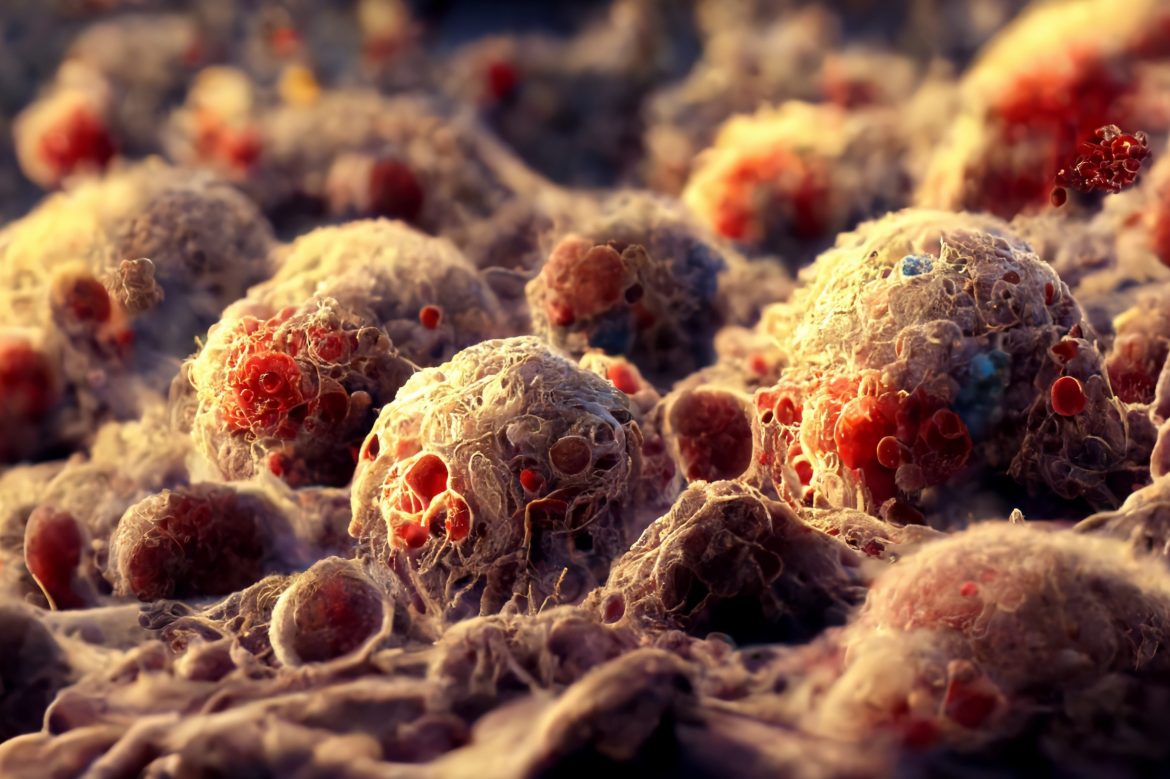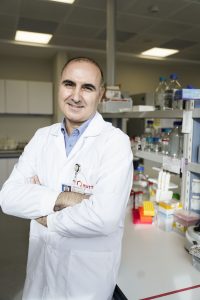
Cancer Trigger Protein Detected
In their study investigating the interactions of cancer cells with their microenvironment, Professor Devrim Gözüaçık and his team at Koç University School of Medicine have discovered a surprising role played by CT-1, a molecule known for its effects on normal tissue growth and repair. While going through extensive gene screens and tests to identify proteins secreted from cancerous tissues, they came across CT-1, whose connection to cancer was previously unknown.

In their study investigating the interactions of cancer cells with their microenvironment, Professor Devrim Gözüaçık and his team at Koç University School of Medicine have discovered a surprising role played by CT-1, a molecule known for its effects on normal tissue growth and repair. While going through extensive gene screens and tests to identify proteins secreted from cancerous tissues, they came across CT-1, whose connection to cancer was previously unknown.
Their study examining the communication between tumour cells and their microenvironment showed that cancerous cells alter fibroblasts, one of the main components of healthy tissues, through the effect of CT-1 they secrete. CT-1 was found to bind to special antenna-like structures on healthy fibroblasts, thereby transdifferentiating them into cancer-serving cells called “cancer-associated fibroblasts.” According to this, messages sent from tumour cells also change the cancer’s immediate surroundings making it cancer-supportive. The study also reveals for the first time that this enslaving effect is dependent on autophagy, the subject of the Nobel Prize in Medicine and/or Physiology in 2016. The study demonstrates that CT-1 triggers autophagy, regulates the amount and properties of certain proteins in fibroblasts, and makes the immediate surrounding of the cancerous tissue suitable for cancer spreading.
The discovery of Dr. Gözüaçık and his team, who worked with experimental systems and as well as actual patient-derived tissues, has the quality to become a game-changer regarding the diagnosis and treatment of many types of cancer, including breast cancer. Upon seeing the important role that CT-1 plays in the interaction of cancer cells with surrounding cells, its effects on the cancer microenvironment and on the ability of cancer cells to spread and establish distant metastases, the researchers also confirmed their findings in patient tissues following approval by the ethics committee. They showed that lymph node metastases were much higher in patients with high levels of CT-1 factor.
In further experimental studies with cells, Dr. Gözüaçık and his team used antibodies that block CT-1 and showed that the treatment affected the infiltration of cancer cells into tissues and their spread. In light of these findings, CT-1 may play a crucial role in the diagnosis of cancer, prediction of metastasis and prognosis, and treatment for many cancer types in the future.
For further information on the study:
Yunus Akkoç vd., Autophagy 2022. doi: 10.1080/15548627.2022.2090693.
